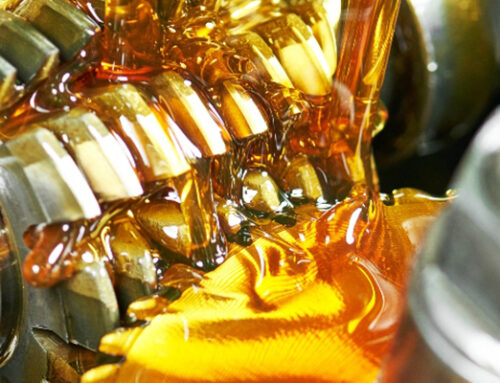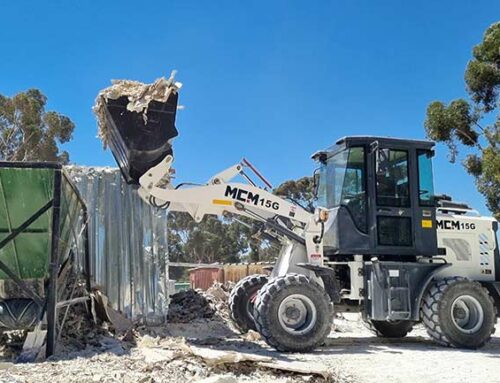EP2 Grease. What does it stand for?
One type of lubricant grease frequently used is EP2 lithium grease. What is it ? It is a general purpose lithium-soap thickened grease for extreme pressures. Here, soaps disperse and viscosity oil to create the stable gels of greases. Lithium greases are non-corrosive and adhere very well to metal. They are also particularly great with heavy loads and have good temperature tolerances.
That said, properties are what makes EP2 grease popular for e.g. CV joints, u-joints, ball joints, etc. usage. Some formulations of this grease type include other substances like PTFE and molybdenum disulfide.
The presence of a lithium thickener in this type of grease increases operating stability range. Lithium’s good capability of coping stresses, also makes this grease type outstanding in managing a shift from low to high temperature.
EP2 Grease – What is it and its Applications?
EP2 lithium grease is best used for applications that involve a wide range of temperatures and high/extreme pressure conditions. This type has a higher melting point (around 500°F or 260°C or more) as compared to conventional lithium greases. This quality makes perfect for applications that involves heavier stresses and loads.
This type of grease also aids demanding applications by preventing leakage and meltdown. These properties make it great for high stress applications common in trucks. It is also great for the wheel bearings of conventional and disc brakes where conventional grease can and will usually melt. Below are other common applications where EP2 lithium grease can be used:
- Disc brakes
- Wheel bearings
- Chassis
- U-Joints
- Ball Joints
There are basically two types of lithium greases one can choose from. The first are lithium complex greases and the second are simple lithium soap greases. The former are commonly used for general lubricating purposes while the latter are for more specific uses.
Generally, however, lithium complex greases are considered better choices because they have better dropping points, mechanical stability, water resistance, and oil separation resistance.
What is Lithium Complex in EP2 grease?
Lithium complex greases were first developed in the 1940’s with the patent granted to Lester W. McClennan. It was only until the 1980s, however, when this grease type was finally released to the market. Since then, it has slowly replaced simple lithium complex greases which had been the choice product at the time.
Lithium complex greases have a higher dropping point (read below to find out more about this) as compared to the simple soap ones. This is because it has a second thickener component or complexing agent. EP2 grease variants nowadays also employ a shorter chain-length difunctional carboxylic acid. Moreover, modern lithium complex greases contain lower lithium salt content now as well.
Dropping Point of EP2 Grease
The dropping point of a lubricating grease refers to the temperature at which its semi-solid state turns into a liquid under test conditions. This figure is usually provided following the ASTM standard products, the higher the figure, the better because it means it can survive higher stressed conditions.
Water Washout in EP2 Grease
Water washout is the term used to refer to the solubility of the thickener in the product. A good example of a thickener is lithium hydroxide which only has about 10 percent solubility. The lower the solubility of a thickener, the better, because it means it has better resistance against water washing and absorption.
Other lithium thickener types like barium and calcium have better water washout capacities. However, certain negative aspects in their flexibility to applications makes them less than desirable. The water resistance of a lithium EP2 grease can be improved by adding polymer additives to it in small concentrations.
Pumpability in Lubrication Greases
The pumpability of a grease refers to its ability to be pushed or pumped in a system. A pressurized lubrication grease should be easily pumped through nozzles, lines, and fittings of grease-dispensing systems. Pumpability can be related to ‘apparent viscosity’ which is identified by measuring the flow rate of pressurized grease within long pipes.







Leave A Comment